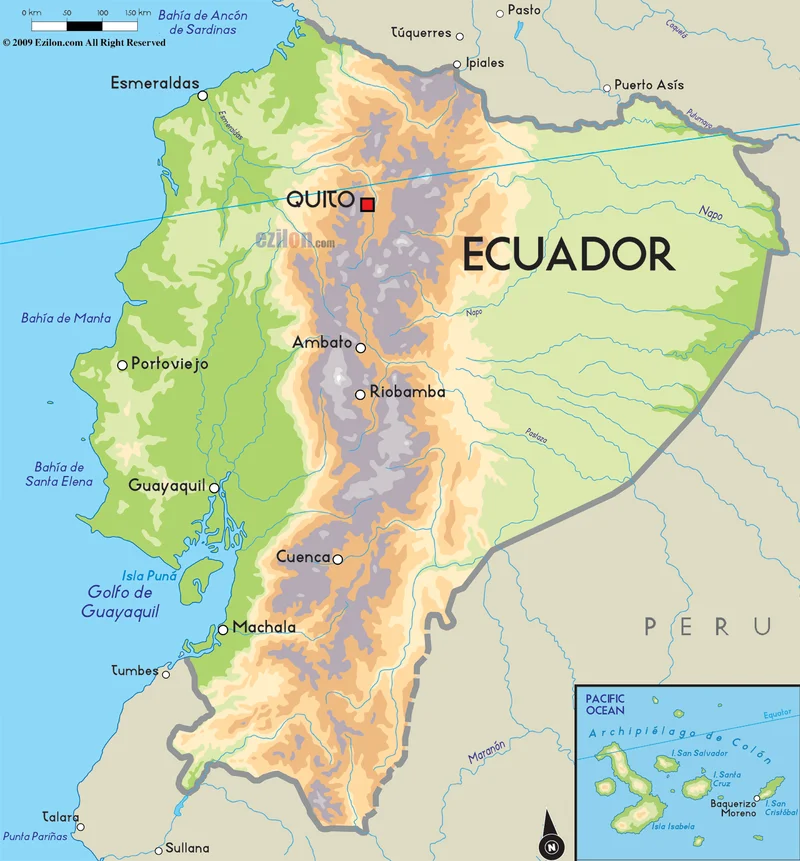The US Just Opened Doors to South America: A New Era of Collaboration?
Alright folks, buckle up, because something quietly amazing just happened. The U.S. is rolling back tariffs on select goods from Argentina, Ecuador, Guatemala, and El Salvador. Yes, you heard that right. Tariffs—those pesky taxes on imports that can drive up prices—are coming down on bananas, coffee, and other staples. It’s not just about cheaper groceries, though, it's a signal. It’s a signal that the winds of trade are shifting, and maybe, just maybe, we’re seeing the dawn of a new era of collaboration in the Americas.
Now, I know what some of you are thinking. "Tariffs? Trade deals? Dr. Thorne, that sounds boring!" But trust me, this is anything but boring. This move is like finally fixing that broken gear in a complex machine, allowing the whole thing to run smoother. We're talking about potentially boosting economies, fostering stronger relationships, and yes, even making your morning coffee a little more affordable.
The official line is that this is all about affordability. The government is pointing fingers at past administrations, blaming them for rising costs. Economists, however, have a different take, suggesting that broad import tariffs, like those imposed a few years back, are a major culprit. Regardless of the why, the what is undeniable: prices are a pressure point, and this is a step toward easing that pressure.
A Win-Win Scenario?
What’s truly exciting is the potential for a win-win scenario. The U.S. gets improved access to these markets for its own firms, while these South American nations get a boost to their economies. Argentine Foreign Minister Pablo Quirno is already talking about creating conditions to boost U.S. investment, and El Salvador's ambassador in Washington claims the two "sister nations" have "rebuilt their relations on the basis of trust and self-determination." Could this be the start of a genuine partnership, built on mutual benefit and respect?

Think of it like this: imagine you have a garden, and your neighbor has a fantastic orchard. Instead of building walls and charging each other exorbitant fees for the fruits and vegetables, you decide to share. You get fresh apples, they get delicious tomatoes, and you both benefit from the exchange. That’s the kind of collaborative spirit we could be seeing here, on a much grander scale.
But here’s the thing. This isn't just about economics. It's about building bridges, strengthening alliances, and creating a more stable and prosperous world. And that, my friends, is something worth getting excited about. What if this is a blueprint, a model for future trade agreements that prioritize collaboration over competition? What if we can create a global economy where everyone benefits, not just a select few?
Of course, we need to proceed with caution. Trade agreements can be complex, and it’s crucial to ensure that these deals truly benefit all parties involved, including workers and the environment. But the potential is there, and it’s a potential that we can't afford to ignore. According to U.S. to remove tariffs on some products from Ecuador, Argentina, Guatemala and El Salvador, the tariff removals apply to select goods.










